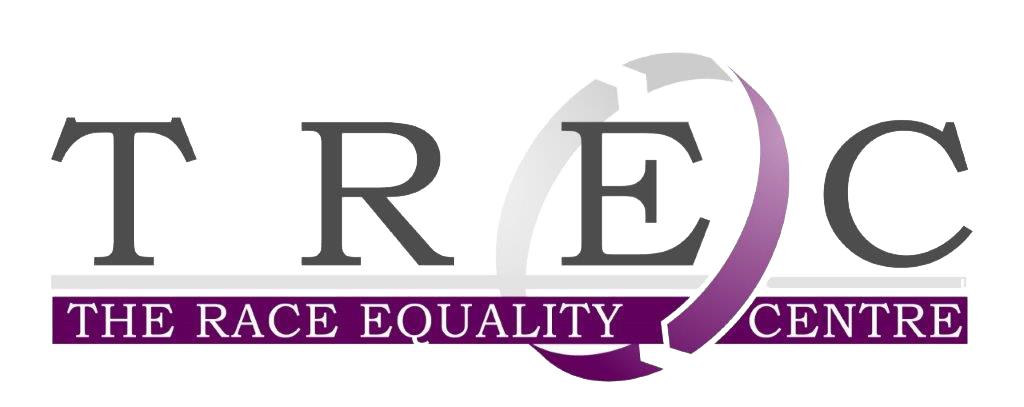TREC Annual General Meeting (AGM) 2022
With nearly 70 people in attendance, TREC’s Annual General Meeting could be considered a success as in previous years. Held on 26th September, the formal business shared the KPIs, the work outputs for the 12 months to March 2022, the increased number of activities and engagement on the previous year and the case studies which brings life to the numbers presented. Those present were informed about TREC’s development programme for the following year.
Development and delivery of a 3-pronged ‘self-respite action centred programme’ - spending quality time outdoors creating a ‘garden of sanctuary’, planting/cultivating fruits/vegetables and, from the produce grown, creating menus for consumption in the newly acquired Karibuni Café thereby anchoring the mind and focusing attention on specific senses, tuning it into the sights, sounds, smells, and textures of the tasks at hand.
Developing and facilitating the delivery of workshops to young people: Knowing your Rights & Responsibilities when Stopped and Searched. To include strip and intimate searches.
The provision of targeted services to Loughborough University through a partnership agreement. ‘Anti-racism – TREC/LU’
The annual review was agreed, so too the financial activities and individuals nominated to the Executive Committee.
This was followed by a well informed and robust talk given by our keynote speaker Professor Ivan Browne, Director of Public Health, Leicester.
Professor Browne kept the audience attention as he whizzed through some 36 slides sharing information on Health Inequalities in Leicester generally whilst concentrating on racial minority health post Covid 19 specifically, with comparisons made against East Midlands and England as a whole. With deprivation being inextricably linked to mortality, the audience was shown the life expectancy difference from one neighbourhood to another. “…extremes of wealth have a significant implication on all aspects of life including the health and wellbeing of residents. This is a major contributing factor to health inequalities.”
Intersectional data was used for those present get a view of life expectancy in the city across the years to 2020. Whilst acknowledging the limited data due to poor recording there was enough information to assert “While race and ethnicity are drivers of healthcare inequalities, other factors such as poverty, age, gender, sexuality and disability are also predicators.”
In answer to his question, why focus on BME health? We were informed that:
Black and minority ethnic (BME) groups generally have worse health than the overall population.
Evidence suggests that the poorer socio-economic position of BME groups is the main factor driving ethnic health inequalities.
Health inequalities exist in the UK: both between and within minority ethnic groups.
Nationally, we were advised that research shows:
South Asian people are more likely to die prematurely from coronary heart disease than the general population.
Prevalence of stroke among African Caribbean and South Asian men is 40-70% higher than the general population.
Prevalence of diabetes is significantly higher for African Caribbean and South Asian people.
Young black men are six times more likely than young white men to be sectioned for compulsory treatment under the Mental Health Act.
Infant mortality in England and Wales for children born to mothers from Pakistan is double the average.
The understanding of gathering appropriate data to begin to get to questions to be answered was explored in the question-and-answer session together with the importance of being present at the right discussion tables to keep race on the agenda.
